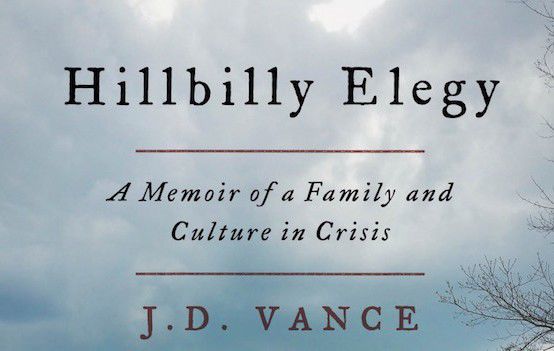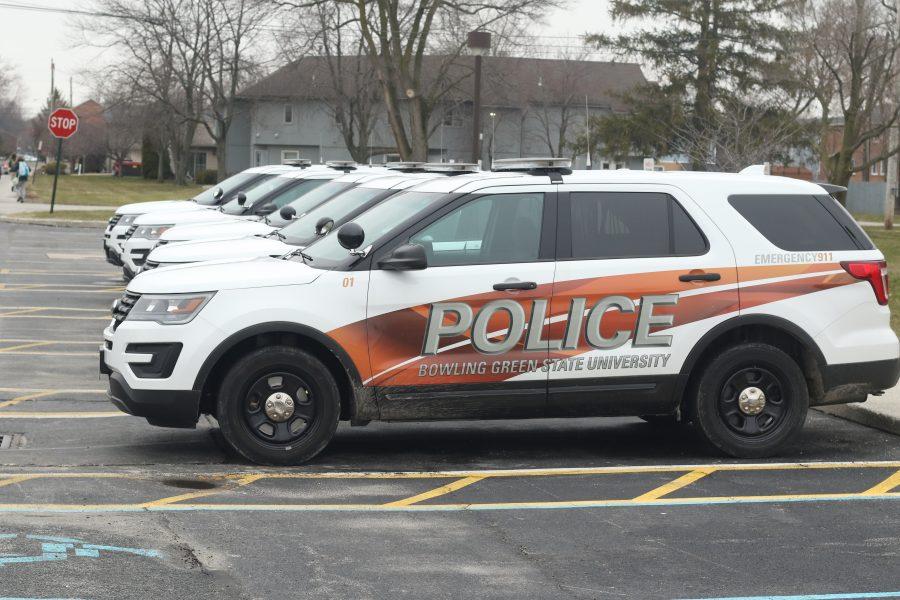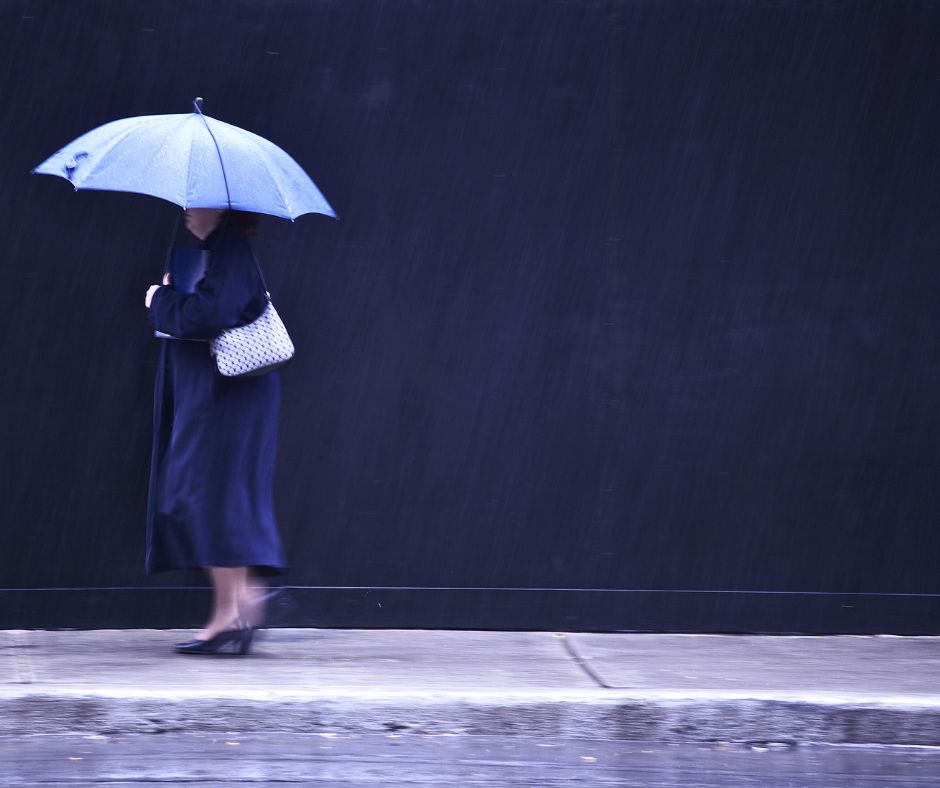J.D. Vance’s Hillbilly Elegy is this year’s Common Read at the University. In the book, Vance provides a personal account of his experiences living in southern Ohio and eastern Kentucky.
Growing up, Vance’s family struggled with poverty, drug addiction, conflict and violence—issues that are all too familiar to those living in southern Ohio. While his life in Appalachia was turbulent, Vance eventually went on to join the Marines, attend Ohio State University and attend Yale Law School. In the book, Vance examines the issues those in Appalachia face today and the culture he feels contributes to the distress in the area.
I happen to be from an area fairly close to where the author was raised: Portsmouth, Ohio, located on the border between Ohio and Kentucky. My three years as a graduate student here at the University have been my first years living outside of Appalachia. Like Vance, I was raised by working-class parents.
There were many times during my upbringing where my family really struggled. I, like Vance, had a front row seat to the “opioid epidemic” that has ravished parts of Appalachia and many other areas of our country. My family has been impacted by drug addiction in ways that I’m still not comfortable speaking about.
Vance’s story is vivid, entertaining and heart-wrenching at times. With that being said, I found some parts of Elegy’s central themes to be damaging to the image of Appalachia and at odds with my own experiences.
Outside of his personal narrative, Vance examines Appalachian poverty and distress through a “personal responsibilities” lens. He critiques the present culture in Appalachia as one that undermines a person’s sense of agency, or their belief their choices matter. He also claims Appalachians are heavy on rhetoric about the value of hard work, but that many people living in Appalachia do not live up to this standard.
Instead, he claims Appalachians frivolously spend their way into debt through purchasing “large TVs and iPads,” and are incapable of seeing their own laziness where it exists. Without thoroughly analyzing how the area became so economically distressed in the first place, Vance presents an incomplete picture of Appalachian poverty.
Elegy largely focuses on one type of poverty: one that is willful, in which people depend solely on government aid and do not seek out gainful employment. But according to a 2017 report by researchers at Policy Matters Ohio, nearly 46 percent of those living in poverty are working.
Unfortunately, Ohio has also seen a decline in blue-collar work, which has been the economic backbone of the state. With the disappearance of blue-collar jobs, more Ohioans are forced to turn to lower paying jobs in the hospitality and service sectors, contributing to the area’s economic hardship. These problems are amplified by wage stagnation and an unfair state tax policy that benefits corporations over poor, working-class, and middle-class citizens.
Today in Ohio, out of the top ten most common occupations in the state, seven of these occupations pay wages so low that full-time workers still qualify for government food assistance (see Ohio Blue Collar Jobs Report: Shifting Sectors, Falling Earning, 2017 for more information). These trends are concerning, but they do not seem to support Vance’s image of a general lack of work ethic in Appalachia.
Not only does Vance’s silence on Appalachia’s current and historical economic climate concern me, he also seems to perpetuate certain negative stereotypes about Appalachians in the language that he uses. Although Vance takes some pains to remind the reader that his book is about his family and his personal experiences, he nonetheless uses collective language when describing some of his family’s behaviors.
At one point the author states, “…Our children wear nice clothes thanks to high-interest credit cards and payday loans. We purchase homes we don’t need, refinance them for more spending money, declare bankruptcy, often leaving them full of garbage in our wake. Thrift is inimical to our being.” What I find most troubling about this language is that it lends itself to creating a false, negative image of the average Appalachian. Much of the area’s sociocultural diversity is reduced by these claims.
While Vance acknowledges that some historical, economic and political forces have shaped Appalachian culture, he downplays these structural issues in favor of pushing a “personal responsibilities” narrative. Despite claiming that he “doesn’t have all of the answers,” Vance has saturated both the left- and right-wing media with his beliefs about Appalachian culture and issues. I’ve seen numerous interviews where he has been called on to interpret the political motivations of the average Appalachian. I’m afraid that Vance’s popularity may lead people to form a simplified and stereotyped view of Appalachian life and its culture, based solely on one man’s opinions and experiences.
I am happy that Vance has renewed interest in Appalachia, and I don’t believe that he purposefully portrayed Appalachians in a negative light. But in emphasizing Appalachians’ work ethic and values as their reason for poverty, Vance is doing a disservice to the people he wants to help. To quote Vance, “I believe that we hillbillies are the toughest god—-ed people on this earth, but are we tough enough to look ourselves in the mirror and admit that our conduct harms our children? Public policy can help, but there is no government that can fix these problems for us.”
While I agree that Hillbillies are the toughest people on this Earth, even tough people need a leg-up. A sensible approach to Appalachia’s problems doesn’t begin at the bottom but starts at the top by fixing unfair laws that disadvantage poor and middle class families living in this region. This approach will hopefully aid the majority of people struggling in Appalachia.





























